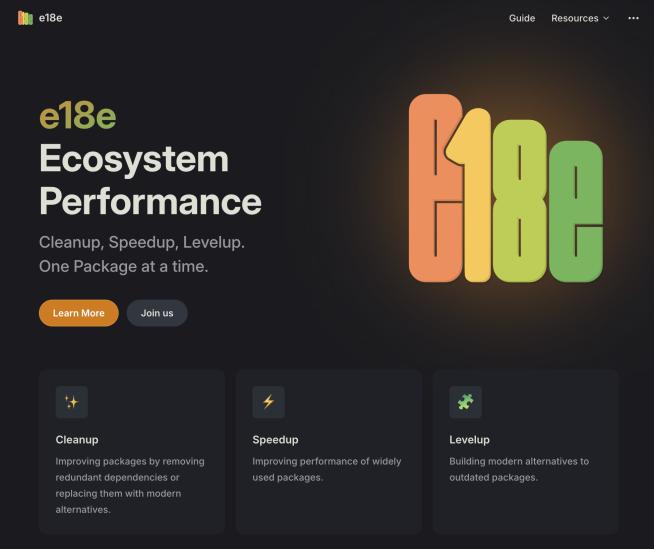bent


Functional HTTP client for Node.js and Browsers w/ async/await.
Incredibly small browser version built on fetch w/ no external dependencies or polyfills.
Usage
const bent = require('bent')
const getJSON = bent('json')
const getBuffer = bent('buffer')
let obj = await getJSON('http://site.com/json.api')
let buffer = await getBuffer('http://site.com/image.png')
As you can see, bent is a function that returns an async function.
Bent takes options which constrain what is accepted by the client.
Any response that falls outside the constraints will generate an error.
You can provide these options in any order, and Bent will figure out which option is which by inspecting the option's type and content.
const post = bent('http://localhost:3000/', 'POST', 'json', 200);
const response = await post('cars/new', {name: 'bmw', wheels: 4});
If you don't set a response encoding ('json', 'string' or 'buffer')
then the native response object will be returned after the statusCode check.
In Node.js, we also add decoding methods that match the Fetch API (.json(),
.text() and .arrayBuffer()).
const bent = require('bent')
const getStream = bent('http://site.com')
let stream = await getStream('/json.api')
stream.status
stream.statusCode
const obj = await stream.json()
const str = await stream.text()
The following options are available.
- HTTP Method:
'GET', 'PUT', or any other ALLCAPS string will be
used to set the HTTP method. Defaults to 'GET'. - Response Format: Available formats are
'string', 'buffer', and
'json'. By default, the response object/stream will be returned instead
of a decoded response. Browser returns ArrayBuffer instead of Buffer. - Status Codes: Any number will be considered an acceptable status code.
By default,
200 is the only acceptable status code. When any status codes
are provided, 200 must be included explicitly in order to be acceptable. - Headers: An object can be passed to set request headers.
- Base URL: Any string that begins with 'https:' or 'http:' is
considered the Base URL. Subsequent queries need only pass the remaining
URL string.
The returned async function is used for subsequent requests.
When working with Binary this library uses different types in the browser and Node.js. In Node.js all binary must be done
the Buffer type. In the browser you can use ArrayBuffer or any ArrayBuffer view type (UInt8Array, etc).
async request(url[, body=null, headers={}])
- url: Fully qualified URL to the remote resource, or in the case that a
base URL is passed the remaining URL string.
- body: Request body. Can be a string, a stream (node.js), a buffer (node.js) (see note below),
an ArrayBuffer (browser), or a JSON object.
- headers: An object of any headers you need to set for just this request.
const bent = require('bent')
const put = bent('PUT', 201)
await put('http://site.com/upload', Buffer.from('test'))
Or
const bent = require('bent')
const put = bent('PUT', 201, 'http://site.com')
await put('/upload', Buffer.from('test'))
NOTE: If the body is passed as an object, it will be treated
as JSON, stringified and the Content-Type will be set to application/json
unless already set. A common requirement is to POST using form-urlencoded.
This will require you to set the Content-Type header to
application/x-www-form-urlencoded and to encode the body yourself,
perhaps using
form-urlencoded.





